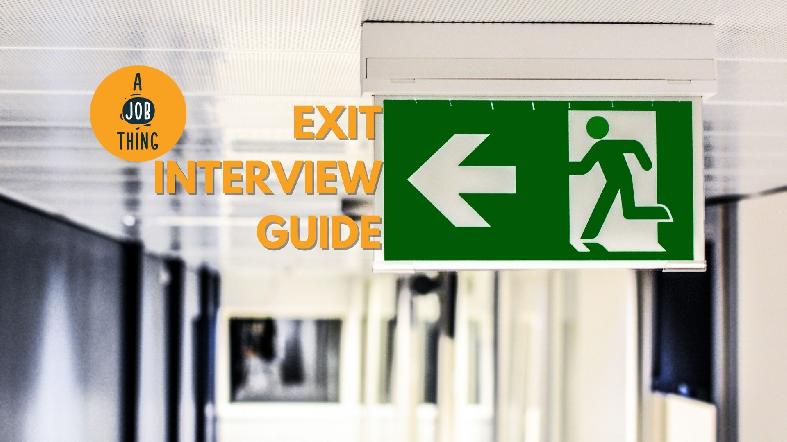
HR Guide: How to Conduct an Exit Interview
Are You Hiring?
Find candidates in 72 Hours with 5+ million talents in Maukerja Malaysia & Ricebowl using Instant Job Ads.
HIRE NOW
Do you know why you should conduct an exit interview every time an employee resigns? The main goal of an exit interview is to prevent future resignations.
Through an exit interview, employers will be able to find out:
- Why the employee left,
- What they can do to improve the company culture,
- Ensure everything is in order for the replacement.
An overview
Many HR experts believe that employees who resign usually have the same motivational reasons:
- a new career,
- an unexpected job offer,
- an unresolved grievance,
- other reasons such as poor pay, benefits, job fit, flexibility and job security.
It is not easy to replace an employee so when an employee suddenly resigns for voluntary reasons, Human Resources should investigate why it happened. If there's a legitimate reason, such as moving or having a baby, the exit interview offers a healthy closure that is meaningful and respectful.
Usually, a human resource professional or manager will conduct an exit interview. HR professionals have the legal training in handling sensitive issues, carefully asking questions, and mitigating legal risks.
Feedback matters
HR professionals should encourage positive and negative feedback during an exit interview. This is the best way for employers to learn about how they're doing with the position and how they treat staff. It is also a good chance to learn how employees actually feel about their managers and company policies.
The exit interview is a vital audit process that helps organisations understand why people leave and how they can improve. The main outcome of the exit interview is the resolution of hidden, outstanding issues that may indicate a much deeper problem involving other employees, policies or departments.
Companies can use an exit interview form to make sure the conversations with a leaving employee is productive and meaningful.

The exit interview provides a smooth transition for your company and the leaving employee.
Why HR needs an exit interview form
1. Makes sure that you receive the most important information
A leaving employee will always have thoughts and feelings to share. An exit interview form provides structure and guides your interview to make sure you will receive constructive feedback to improve on.
2. An exit interview form helps to identify strengths, weaknesses and opportunities for growth
The exit interview template gives you a chance to make notes on critical feedback you receive from a leaving employee. You can share these notes with the organisation's leadership. It is very easy to miss on important facts when you're not keeping a record.
3. Provides a framework for future improvements
Remember, there's always a room for growth. Leaving employees are more comfortable leaving honest feedback because they know whatever they say will have no effect on their standing.
Criticisms and suggestions are at the core of an exit interview template. The answers you get provides you with a firm starting point for reducing turnover and thus, making your workplace a better place.
Exit Interview Templates
When an employee hands over their resignation letter, your next step is to send them an exit interview form. Here are some samples you can download and adapt for your own use.
Exit interview form template 1
Click here to download this template
Exit interview form template 2
Click Here to Download this template
Offboarding checklist
Keep in mind, your employee's last day in your organisation is as crucial as their first. That's why your organisation must have an offboarding process.
An employee exit checklist is a list that outlines the exit process inside your company. It tells the HR the steps a leaving employee must undergo before they can officially leave.
Here's an example of an employee exit checklist:
.png)
Download the Checklist Here
Conclusion
Keep in mind that exit interviews are usually voluntary, so employees do not need to attend if they just want to move on without them. If an employee is having doubts about the interview or has had a terrible experience with the company, they should question whether the interview will have any positive effect down the road.
If an employee feels that their negative feedback would not be useful or that there's a high risk of offending the employer, it may be better to simply decline the exit interview.
Arm your organisation with the best employees. How? By posting a job at AJobThing.com! We provide free consultation too!
Sources: Human Resources MBA & Cake HR
Related articles
How to Handle Employee Resignation
Find Out Why Your Employees are Leaving with These Exit Interview Questions
HR Guide: Conducting Reference Check

.png)
.png)
